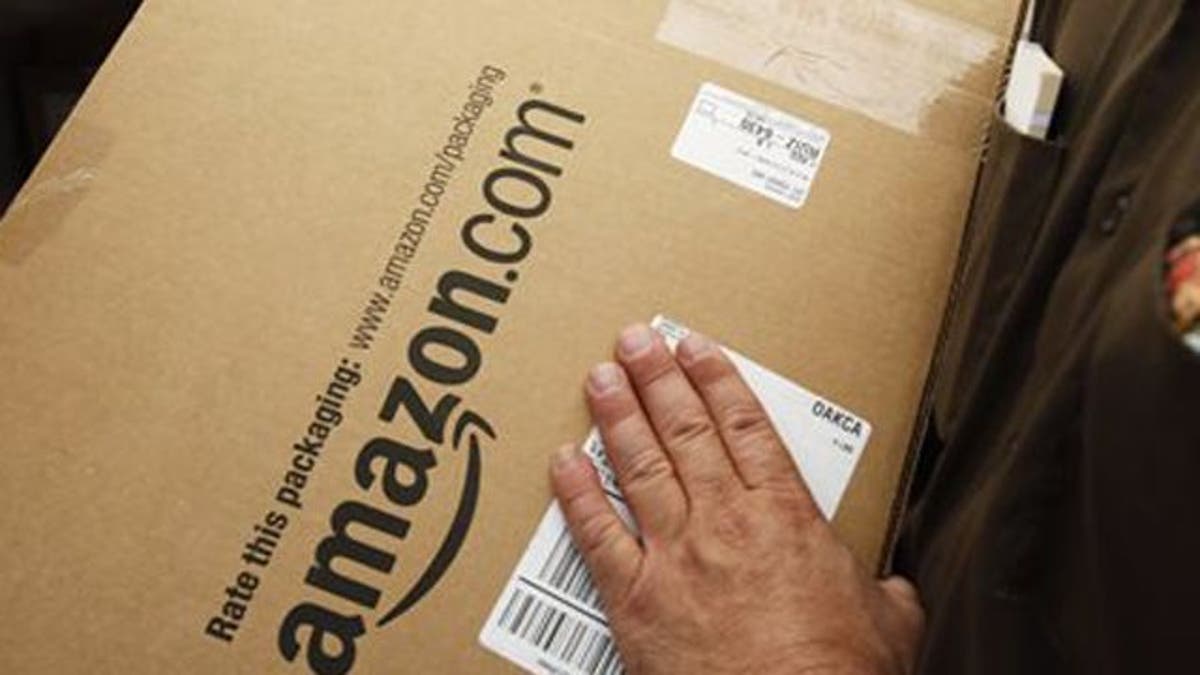
On Monday, the Senate passed S. 743, the Marketplace Fairness Act, which essentially gives states the right to force out-of-state online retailers to collect taxes from the states’ residents. If the bill passes the House, it will allow for another tax that will hurt entrepreneurs, stymie economic growth, and raise the price of nearly everything we buy at a time when our fragile economy needs just the opposite.
So why are so many Republicans and Democrats alike, in favor of a bill that will increase taxes on Americans?
First, they don’t see this Act as a tax “increase.” Politicians are experts at selling tax increases as anything but (e.g. the expiring “Bush Tax Cuts” ... I mean, how long does a law have to be in place until it’s the standard? Geez.). The bill even goes so far as to add the meaningless line, “[n]othing in this Act shall be construed as encouraging a State to impose sales and use taxes...” In other words, “Hey, even though this bill allows taxes to go up, don’t blame us if they do.”
Not only will the taxes increase your costs online, but as that price advantage is taken away from smaller firms, large brick-and-mortar retailers will feel less pressure to keep prices low to compete with online sellers.
States are desperate to increase their revenues and the Senate sees this as a way to help them without providing federal dollars.
Over the years, Congress has been lobbied to pass such a bill by both big government (the states) and retailers, even online retailers. The states’ benefits are obvious: the bill will allow a new source of revenue at someone else’s expense, as businesses outside of their borders, and outside of the voting population, will be the ones remitting the new revenues.
Retailers’ positions are less obvious. Most big online retailers already collect these taxes because they have the required “physical presence” within the jurisdiction, so they tend to be ambivalent to the new tax increases, but favor the resulting reduction in competition.
Our government’s historic role has always been to increase competition, as it’s better for consumers and ensures innovation. Passing this bill will be a step in the opposite direction.
Amazon’s position is even less apparent. They have physical locations in far fewer states, but they still prefer to eliminate the competitive advantage smaller firms have (not to mention the fact that they already have a growing tax compliance service).
The atypical union of D.C. legislators with the largest online retailer and some of the largest traditional retailers makes it seem as if everyone will benefit from the legislation. However, the fact is, even large retailers will suffer while the rest of us will be hurt even more if this bill passes the House.
Entrepreneurs looking to form companies are going to see an increase in their paperwork and compliance costs. Even at the $1,000,000 revenue threshold, the legislation will affect numerous growing businesses who will now have to hire compliance officers, attorneys, and accountants to stave off state tax authorities and their auditors. Can you imagine having to keep up with the constantly changing tax laws of thousands of jurisdictions or making a mistake that results in 46 different audits (every state with a sales tax plus D.C.)?
The new costs of doing business will be a deterrent for growth, plain and simple.
Needless to say, as businesses decide not to grow and the number of startups is restrained, job growth will also slow. Some jobs will be lost as businesses aim to maintain their bottom line.
As Hispanics tend to be more entrepreneurial, have higher rates of unemployment than the national average, and have lost more household wealth since the recession than any other group, we will again suffer more than most when economic opportunities are limited.
For the rest of the country, you will also see the costs of the goods you purchase, both online and in your local store, go up. Not only will the taxes increase your costs online, but as that price advantage is taken away from smaller firms, large brick-and-mortar retailers will feel less pressure to keep prices low to compete with online sellers.
Contrary to their beliefs, legislators will not win either. As voters become annoyed by new taxes and increased costs, they express their annoyance at the voting booth. Annoyed voters tend to vote against incumbents and midterm elections are right around the corner.
There is a reason the 1992 Supreme Court decision in Quill Corporation v. North Dakota found that a state could not force an out-of-state business to collect its taxes: it’s un-American. How ironic that jurisdictions like D.C., whose license plates have the famed slogan “Taxation Without Representation,” would benefit from just that.
It’s true, states are hurting for revenues and small businesses need all the help they can get. But, what is essentially a new Internet sales tax that will increase consumer costs and stunt economic growth is not the way to foster economic growth and entrepreneurism.








































